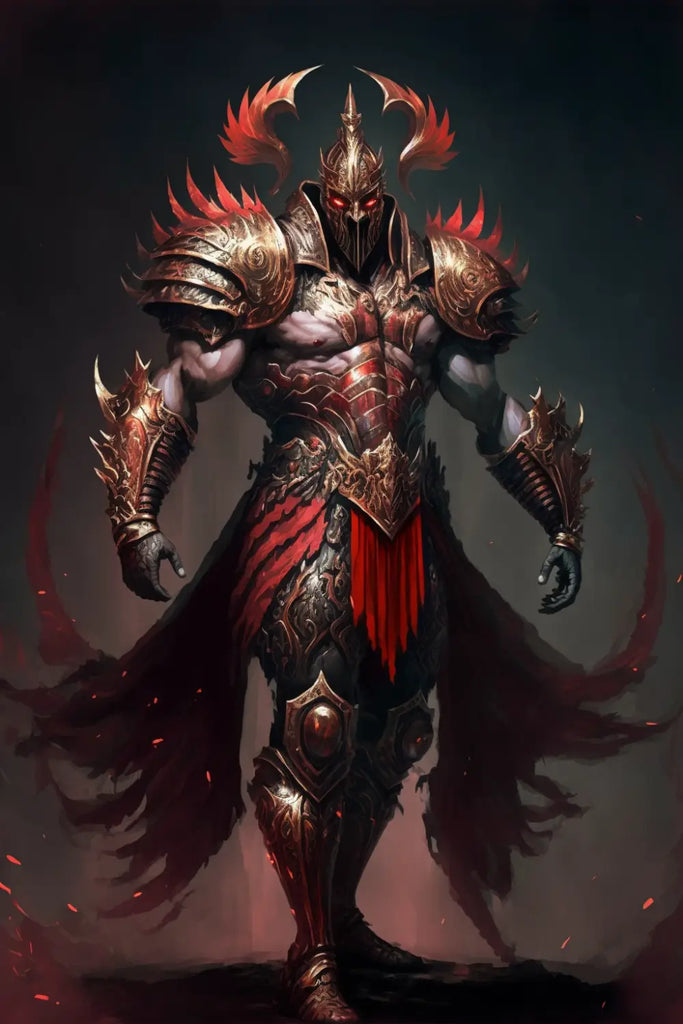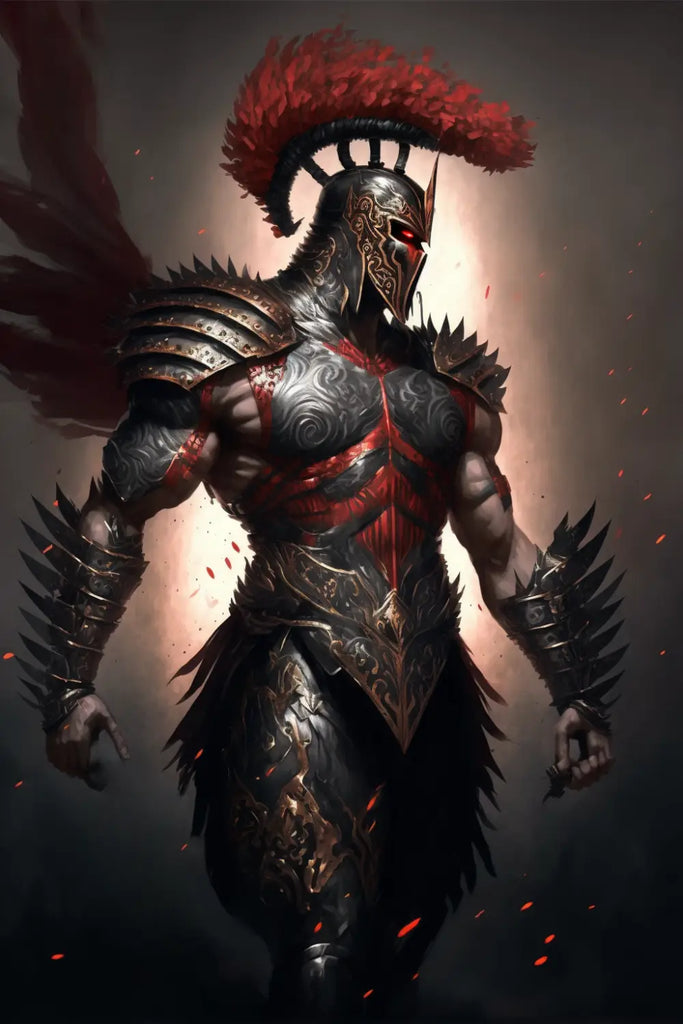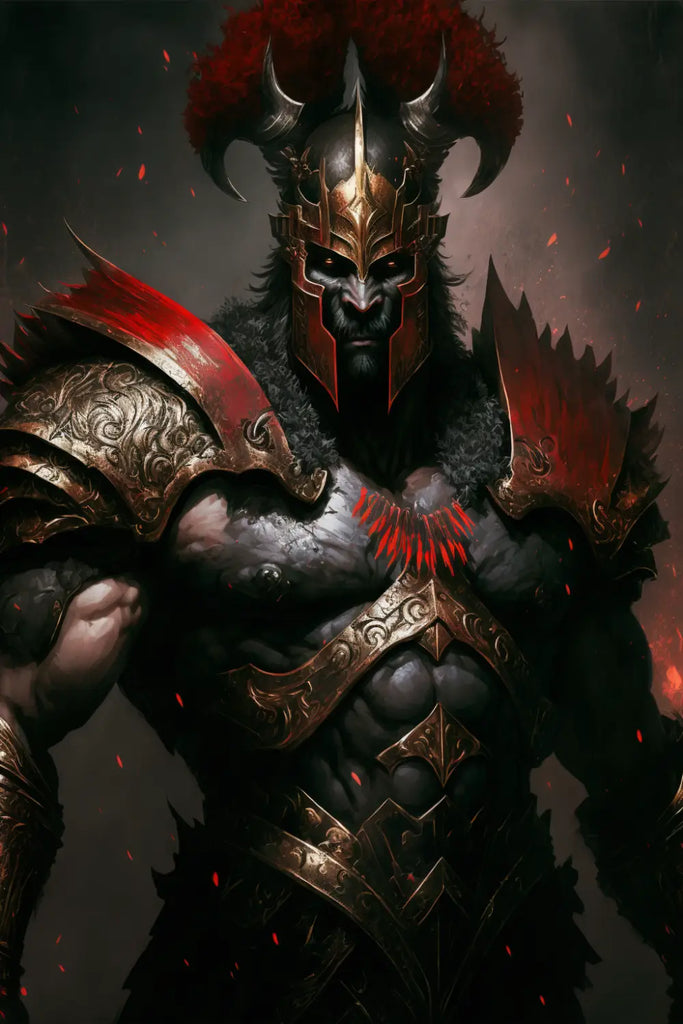Once upon a time, in the world of ancient Greece, there were two mighty city-states, Sparta and Athens. The Spartans were known for their unparalleled prowess in battle, while the Athenians were celebrated for their wisdom and love of philosophy. These two great powers were the jewels of the Hellenic world. However, beneath the surface, a divine storm was brewing, the wrath of the god of war, Ares, waiting to be unleashed.
It all began when the gods held a grand feast on Mount Olympus. As the divine beings celebrated their immortality, they decided to have a contest among themselves. They would each bestow a gift upon the city of Athens and let its citizens decide which gift was the most valuable. To ensure a fair judgment, the gods sent Hermes, the messenger of the gods, to act as an impartial mediator.
The contest was fierce, with each god presenting their gift to the Athenians. Poseidon, god of the sea, created a powerful spring that brought fresh water to the city. Demeter, goddess of the harvest, blessed the city with bountiful crops. Apollo, god of music and poetry, granted the Athenians unmatched skill in the arts. The gifts continued, each more impressive than the last, as the gods vied for the adoration of the Athenian people.

However, Ares, god of war, had a different plan. Known for his love of strife and conflict, he sought not to earn the favor of the Athenians but to sow discord among the gods themselves. In secret, Ares approached the Spartans, whispering of the divine contest and promising them unrivaled power in exchange for their loyalty.
The Spartans, driven by their warrior nature, agreed to serve Ares. As they pledged their allegiance, Ares granted them a weapon of immense power, the Blade of War, capable of turning the tide of any battle. With this new weapon in hand, the Spartans prepared for war, seeking to claim the ultimate prize - dominion over Athens and all of Greece.
As the divine contest came to a close, the gods awaited the judgment of the Athenians. They believed their gifts would bring peace and prosperity to the city, not knowing that Ares had already set his plan in motion. When the Athenians chose Athena's gift of wisdom, symbolized by the olive tree, as the most valuable, a great celebration erupted, and the gods returned to Mount Olympus, satisfied with the outcome.


But as the celebrations continued, news reached Olympus of the Spartan army marching towards Athens. The gods were shocked and enraged by the betrayal, as it became clear that Ares had orchestrated the impending conflict. In response, Zeus, the king of the gods, convened a council to decide the fate of the mortal world.
The gods were divided, some siding with Ares and his call for war, while others demanded peace and unity. The council raged for days, with no resolution in sight. Desperate for a solution, Zeus decreed that the gods would not interfere in the affairs of mortals, letting the war unfold without divine intervention.
And so, the stage was set for the most epic conflict in Greek history. As the Spartan army approached Athens, the city's defenders prepared for a battle that would determine the fate of the Hellenic world. Both sides fought with unmatched ferocity, each believing their cause was just and that victory would lead to glory and divine favor.

The war raged on for years, with neither side able to gain a decisive advantage. The Blade of War, wielded by the Spartans, decimated entire battalions, while the wisdom granted by Athena allowed the Athenians to devise cunning strategies and defenses. The battles were brutal, and the losses on both sides were staggering, yet the conflict seemed to have no end in sight.
Despite Zeus's decree, the gods could not ignore the carnage unfolding below them. As they watched from Olympus, they found themselves torn between their loyalty to Ares and their desire to protect the mortals they had once favored. The council reconvened, and heated debates erupted once more, as the gods struggled to find a solution to the endless war.
It was then that Athena, the goddess of wisdom and strategy, proposed a daring plan. She would descend to the mortal realm in disguise, seeking to uncover the true intentions of Ares and put an end to the war that had consumed her beloved city. With the reluctant approval of Zeus, Athena left Mount Olympus, determined to restore peace to the Hellenic world.
As the war continued to rage, the disguised Athena traveled across the battlefields, observing the suffering of both the Athenians and the Spartans. She bore witness to the courage and determination of the mortal warriors, as well as the terrible cost of the conflict that had been orchestrated by the god of war.
Finally, Athena managed to infiltrate the Spartan ranks, seeking an audience with their king. In a tense and clandestine meeting, she revealed her true identity and confronted the Spartan king with the truth of Ares's deception. The king, realizing the futility of the war and the destruction it had wrought, agreed to lay down his arms and seek a truce with the Athenians.

When the gods learned of Athena's success, they convened once more to address the actions of Ares. Enraged by his deceit, Zeus stripped Ares of his godly powers and banished him to the mortal realm, where he would be forced to live among the very people he had sought to destroy.
And so, the divine war between Sparta and Athens came to an end, a testament to the power of wisdom and the dangers of unbridled ambition. As the Hellenic world began to heal, the gods looked on with a newfound respect for the strength and resilience of mortals, forever changed by the lessons of the Wrath of Ares.
















